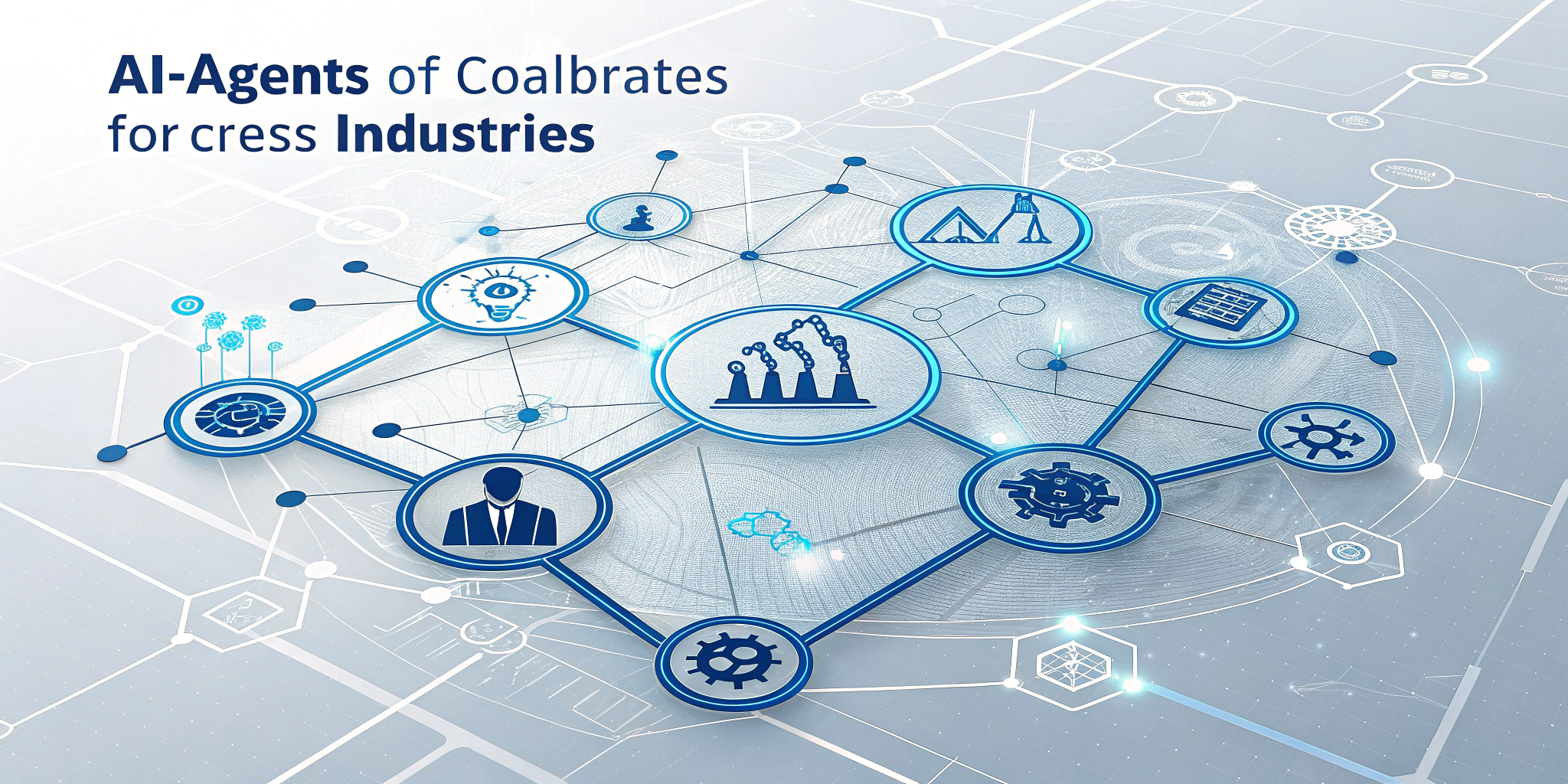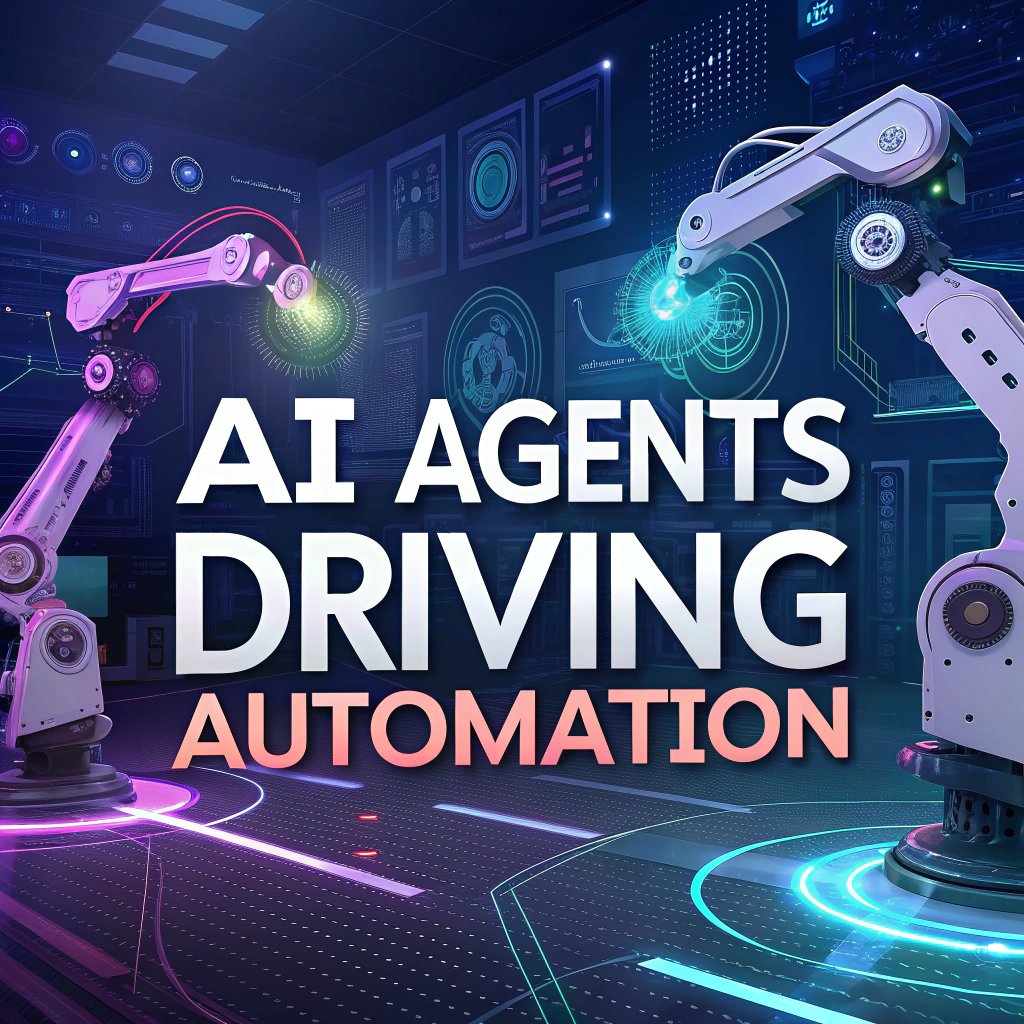Navigating the Future with AI Agents: A Comprehensive Overview

Navigating the Future with AI Agents: A Comprehensive Overview
As technology continues to evolve at an unprecedented pace, the role of AI agents in shaping our future is becoming increasingly significant. These intelligent systems, designed to perform specific tasks autonomously, have become integral to various industries, enhancing efficiency, accuracy, and decision-making capabilities. In this article, we will delve deep into the world of AI agents, exploring their applications, benefits, challenges, and the promising future they hold.
Understanding AI Agents
AI agents are software entities that perform tasks on behalf of users. Designed with specific goals in mind, they operate autonomously or semi-autonomously to achieve these objectives. Whether based on simple rule-based methods or complex machine learning models, their key features include autonomy, adaptability, and the ability to interact effectively with their environment.
Types of AI Agents
- Reactive Agents: These agents respond directly to environmental stimuli without maintaining internal state, making them simple yet efficient.
- Model-Based Agents: They use an internal model of the world to plan actions by predicting future outcomes.
- Goal-Based Agents: Created to achieve specific objectives through planning and decision-making.
- Utility-Based Agents: They evaluate actions based on a utility function, making choices that maximize overall benefit.
- Learning Agents: Continuously improve their performance via learning from interactions with their environment.
Applications of AI Agents
- Healthcare: Assisting in diagnostics, patient data management, and personalized treatment recommendations.
- Finance: Automating trading, managing risks, and detecting fraud effectively.
- Customer Service: Enhancing customer support with AI-driven chatbots and virtual assistants available 24/7.
- Autonomous Vehicles: Driving advancements in self-driving technology with real-time data processing.
- Supply Chain Management: Optimizing logistics and inventory management through predictive analytics.
In-Content Images & Sources
Below are some informative resources on AI agents from trusted Perplexity sources:
Description: An insightful article explaining the unique features that distinguish AI agents from other AI tools.
Description: A detailed exploration of Perplexity AI and its impact on search and knowledge exploration.
Benefits of AI Agents
- Efficiency: Automate repetitive tasks and boost productivity.
- Accuracy: Deliver precise data analysis and informed decision-making.
- Scalability: Adapt seamlessly to increased workloads.
- Cost-Effectiveness: Streamline processes and reduce operational expenses.
Challenges & Ethical Considerations
While AI agents offer numerous advantages, they also present challenges such as data privacy, potential biases, and ethical concerns which demand careful oversight and responsible development.
The Future of AI Agents
The future promises further enhancements in AI agents, including improved natural language processing, advanced learning algorithms, and greater integration with IoT. Increased collaboration between humans and AI will drive innovation and efficiency across all sectors.
Conclusion
AI agents are revolutionizing industries by optimizing processes and enabling smarter decision-making. As we navigate the evolving digital landscape, embracing these technologies responsibly will be critical to achieving a more efficient, innovative, and inclusive future.



